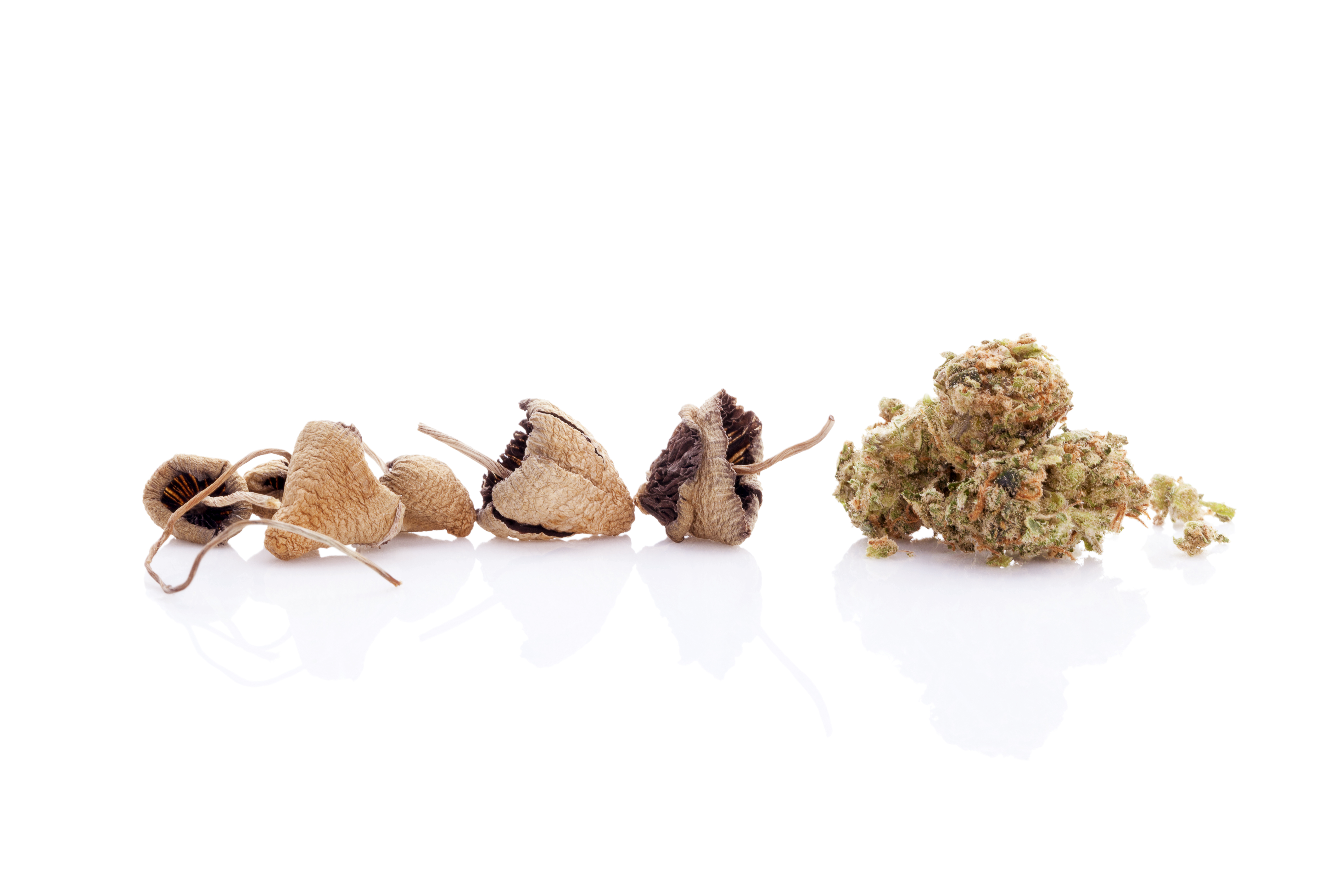Anxiety is a complex mental disorder that comes in a variety of forms. It arises in the brain but has an effect on the entire body. Evolutionarily, it is a natural response of our bodies to a potential threat or danger. It is a form of adaptation that helps our survival instinct. Yet in our current society, more and more people seem to suffer from a constant state of anxiety that really influences everyday life. About 40% of US adults seem to struggle with some form of anxiety.
What does anxiety do to us?
When experiencing anxiety, your breathing frequency increases, your glands start overproducing sweat, your entire body starts trembling, your stomach becomes stiff, and digestion slows down. As you can imagine, frequent attacks of anxiety can have a serious effect on your quality of life; therefore, this requires adequate treatment of the symptoms.
Typically, it can be quite challenging to pinpoint the source of anxiety. Most of the time, the source of our anxiety is stress from situations that seem out of our control. However, in some clinical cases, the anxiety could arise from unusual activity in the brain’s circuits, particularly in the amygdala – that is responsible for our emotional memories or the cerebral cortex where our decision-making and reasoning happens. The communication in our brain between these different areas happens with the use of neurotransmitters. These are chemical compounds that neurons use to communicate with one another. So, it is thought that in clinical cases of anxiety, something unusual is happening in the communication with neurotransmitters in the brain.
What are the treatment options for anxiety?
Most treatment options given to patients with anxiety are pharmacological drugs that target the neurotransmitter system of the brain. These either mimic the action of neurotransmitters or block their mechanisms, thereby affecting this communication between the neurons of the brain.
Unfortunately, anxiety is not the result of a depletion or abundance of particular neurotransmitters in the brain. It is far more complex and can vary between individuals. For these reasons, it’s possible that where one pharmacological drug works wonderfully for one individual, it could have severe side effects in another. So, patients can often go from drug to drug without seeing any improvement in their symptoms.
Are there any alternative treatment options?

Currently, alternative therapeutic treatment options for anxiety are becoming more and more popular.
Cannabidiol (CBD) has been suggested to improve anxiety symptoms and provide a general calming effect on individuals struggling with their mental health. CBD, when taken up in the body, interacts with the endocannabinoid system receptors. These receptors are located primarily in the brain, but also in parts of the peripheral nervous system (around different areas of the body). These receptors are known to be have a role in regulating the body’s fear and anxiety response. Intake of CBD oil has actually been shown to improve symptoms of social and generalized anxiety in individuals and has been reported to result in far less side effects than conventional pharmacological treatment options. It generally has been reported to act as a safe and effective drug for improving mood and anxiety relief.
While CBD is the non-psychoactive component of cannabis and has little effect on the psychic of patients, some reports claim that using psychoactive/psychedelic drugs could also be beneficial for dealing with anxiety.
Psilocybin – the psychoactive form of magic mushrooms, is growing in popularity among individuals interested in alternative therapies for their mental health. Interestingly, a recent study on cancer patients suffering from anxiety showed that a single full dose of psilocybin dramatically improved the mood of patients and relieved them from anxiety and depression for more than 6 months following administration.
Nowadays, due to the strong psychedelic effect of psilocybin, some individuals prefer to opt for micro-dosing of the substance. Micro-dosing refers to taking a small amount of shrooms, not enough to cause hallucinations but enough to trigger a response in the brain. Although there isn’t a lot of clinical scientific research on the effects of micro-dosing psilocybin on anxiety, some self-prescribed consumers have described a prominent improvement in their mental health.
Since micro-dosing is still to be tested in clinical trials, it is difficult to determine whether the improved effects reported by self-prescribers is real or placebo. A recent study on the effects of micro-dosing psychedelics in general reported some improvement in creativity and moods of participants, however these results did not seem to last longer than the day of administration. Still, this area seems to be quite promising but does require more research to truly understand the effects on anxiety.
So ultimately, when deciding between CBD and micro-dosing with psilocybin to treat your anxiety in an alternative manner, you might find faster relief with the prior option and a more possibly long-lasting effect with the latter.

